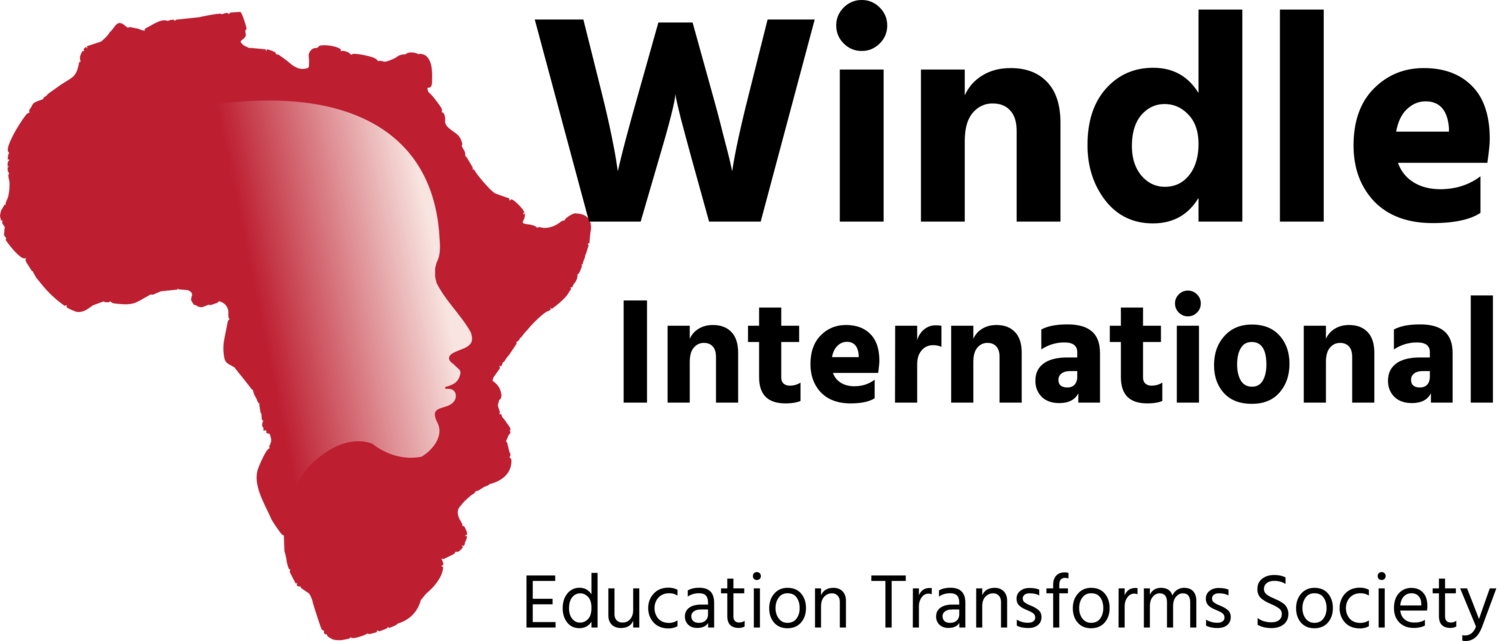Why girls’ education will transform society
When girls are educated, everyone benefits. Educated girls mean stronger economies, fairer societies and more resilient communities. This is the message from Phyllis Mureu, the executive director of Windle International Kenya, in a new short film produced to mark International Women's Day this year.
When girls receive an education, they are less likely to marry young. They are better able to make decisions for themselves and their families, and take part more meaningfully in conversations that affect them.
Educating girls leads to more peaceful and equitable societies, where boys, girls, men and women can reach their true potential.
Image: Morneau Sheppell Girls School, Kakuma Refugee Camp, Kenya.
The problem is that around the world, over 130 million girls are out of school. Conflict drastically reduces opportunities for girls to continue their education. Girls in conflict-affected areas are 90% more likely to be out of secondary school than those living in areas without violence.
In a new film produced to mark International Women's Day, Windle International Kenya's executive director Phyllis Mureu explains that in eastern Africa, girls living in refugee camps and settlements, and those living in communities affected by conflict and marginalisation, are most vulnerable. Factors such as lack of adequately trained teachers, over-crowded classrooms and limited access to services result in poor quality education for many. Lack of electricity, internet and even basic necessities like food, water and sanitation all disproportionately and negatively impact girls.
In many of the communities Windle International works in, girls and women do the majority of the household chores and caring work, so that in addition to their school work, girls also must find time to cook, clean, and care; often they fall behind in their education or drop out completely. This means they are less likely to be able to pursue further studies and we see fewer girls being eligible for our higher education scholarship programmes.
Specialists in Girls' Education for refugees, conflict affected communities and marginalised people
Windle International has decades of experience providing education for refugee and conflict affected communities in eastern Africa.
In 2019, we supported 500,000 girls to access and continue education.
We have a long history of working with girls in refugee communities and those affected by conflict in Kenya, Uganda, Sudan, South Sudan and, most recently, Somalia.
We provide truly inclusive, quality education at every stage, from early childhood development centres, to postgraduate education, to vocational training.
Our approach works because of our unique and trusted position within the communities we work with. Our staff and teachers are from those communities, they live and work there, and are part of life in many of the places in which we work. Our interventions increase community support for educating girls, improve teacher to student ratios in classrooms, provide extra teaching and learning materials and offer remedial classes to help girls catch up when needed.
Click here to find out more about how we support girls to access quality education.

